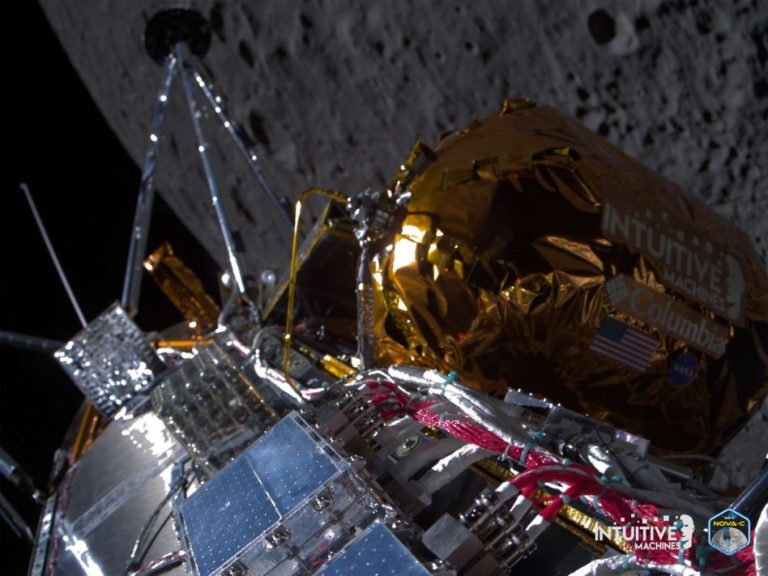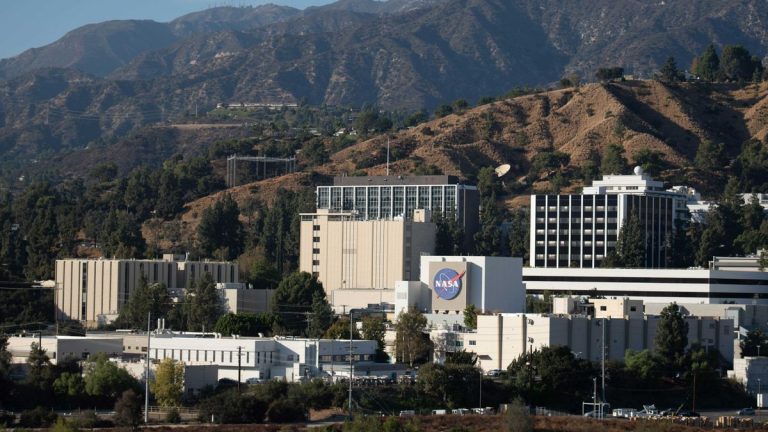
Boom’s XB-1 test plane gets FAA green light for supersonic flight (Image Credit: Space.com)
Like Tom Cruise’s “Maverick” character in “Top Gun,” Boom Supersonic is feeling the need for speed.
The Colorado company has received a first-of-its-kind approval from the U.S. Federal Aviation Administration (FAA) to exceed Mach 1 during test flights of its XB-1 supersonic jet. These flights are slated to occur sometime this year within the Black Mountain Supersonic Corridor in Mojave, California.
The sleek, delta-shaped XB-1 took its maiden flight on March 22, 2024 from the Mojave Air & Space Port, and now it’s free to go supersonic at Boom’s California complex when fully ready.
“Following XB-1’s successful first flight, I’m looking forward to its historic first supersonic flight,” said Blake Scholl, founder and CEO of Boom Supersonic. “We thank the Federal Aviation Administration for supporting innovation and enabling XB-1 to continue its important role of informing the future of supersonic travel.”
Related: The speed of sound on Mars is different from Earth, Perseverance rover finds
This next phase of test flights will play out inside the Black Mountain Supersonic Corridor, as well as a segment of the nearby High Altitude Supersonic Corridor within the designated R-2515 airspace, an area well known for research and military supersonic aeronautical operations.
During the XB-1’s inaugural mission last month, the jet was piloted by Boom Chief Test Pilot Bill “Doc” Shoemaker, while Test Pilot Tristan “Geppetto” Brandenburg was at the controls of a T-38 Talon chase aircraft, which observed and monitored the XB-1 for safety while aloft.
“Being in the air with XB-1 during its maiden flight is a moment I will never forget,” said Brandenburg in a Boom press statement. “The team has been working hard to get to this point, and seeing [that] flight through mission completion is a huge accomplishment for all of us.”

Now the team is eager to conduct a second flight, which will test the jet’s landing gear, among other hardware.
“We anticipate taking it up to 16 degrees AOA (angle of attack), and will also evaluate the sideslip, which will expand the envelope in order to give us a little bit more margin on a nominal landing,” Brandenburg said. “It will also be the first time the ‘dampers’ — or stability augmentation system — is used.”
Boom plans to expand the XB-1’s flight envelope prior to going supersonic, to analyze performance and handling abilities through and beyond Mach 1. Ten to 20 “hops” are in order prior to any milestone supersonic jaunts over the desert, company representatives said.
“Right now, the plan is multiple supersonic flights. We plan to do Mach 1.1, 1.2, and 1.3 on the first three,” Brandenburg said. “The reason for that is each one of those points takes so much airspace that you only have time to do one of them, so we will be on condition for several minutes; we’ll get a flying qualities and handling qualities block, and have to come back home.”








